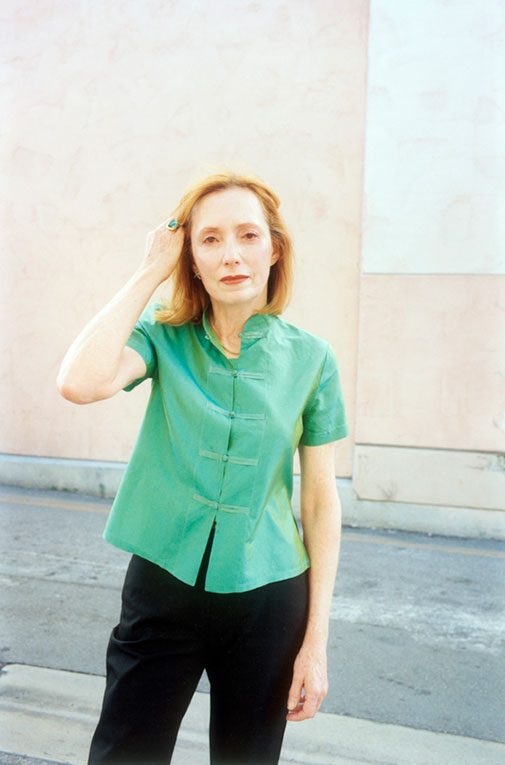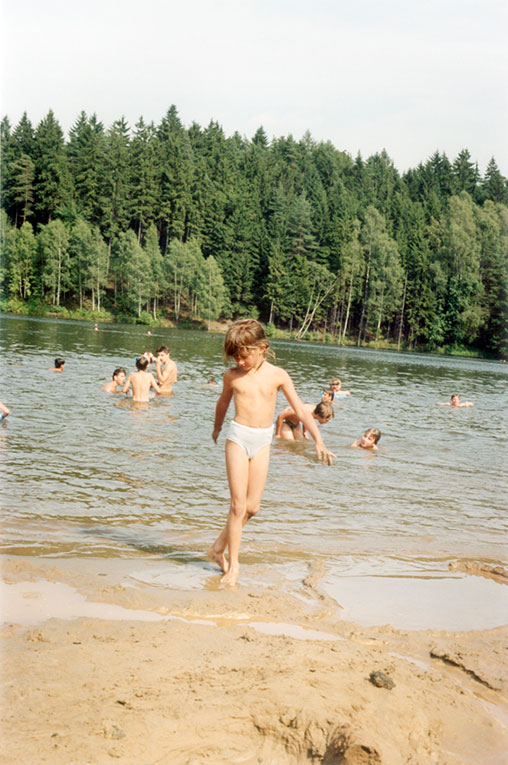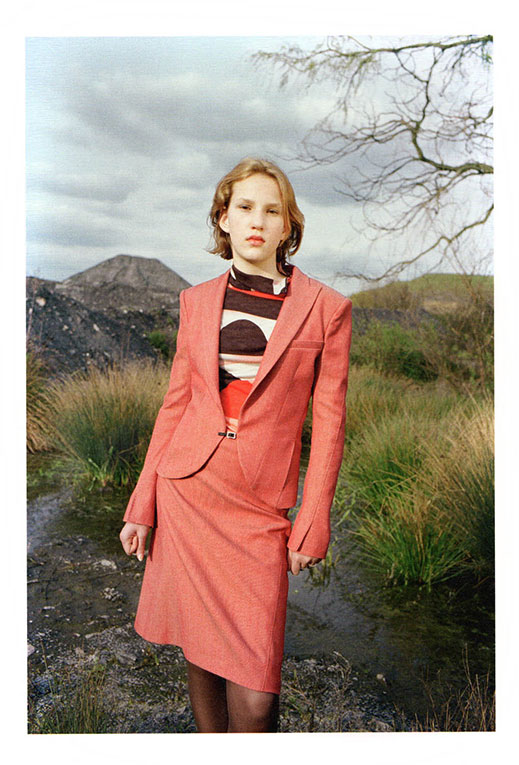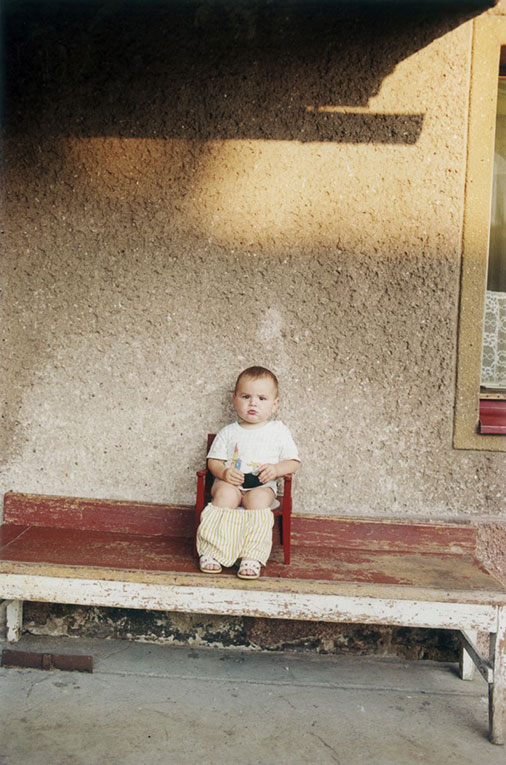PHOTO:Jitka Hanzlová-Silences
Czech artist Jitka Hanzlová uses photography to address the ways in which one’s homeland and surrounding environment shape identity. Having experienced the trauma of fleeing her native home of Czechoslovakia in 1982, Hanzlová has created an oeuvre that engages with notions of belonging and alienation, utilizing surprisingly varied subject matter.
By Efi Michalarou
Photo: Galleria Raffaella Cortese Archive
The exhibition “Silences” is the very first comprehensive presentation of Jitka Hanzlová’s work in her native country, covering three decades of her artistic practice and including a new series of photographs, conceived especially for the exhibition in the National Gallery Prague. Born 1958 in Náchod and raised in Rokytnik in Eastern Bohemia (former Czechoslovakia), Hanzlová left her native country in 1982 for Essen, Germany where she studied photography at the visual communication department of the University of Essen. Developed in between two different cultures and political systems, her photographic oeuvre, at once truthful and poetic, reflects the recent historical transformations and elaborates an identity formation of a future emancipated subject in a post-Cold War world. From “Rokytnik” (1990–94) towards “Water” (2013-19), through “Bewohner” (1994-96) and “Vanitas” (2008-12) (passing of time and disappearance), Hanzlová’s alchemy of silence labors the world of critical intimacy which foregrounds the subject matter’s social, cultural and political sense of belonging. Jitka Hanzlová’s oeuvre carries a silence; each image seems a vehicle of silence. It delivers a stillness; not the stillness of the photographic medium though as Hanzlová’s pictures are moments set in motion; we trace them, follow them, step by step, frame by frame, location by location. From one person to another, a collection of faces and gestures unfolds in an almost cinematic sequence of gazes in suspense and bodies in freeze. “Tonga” (1993) and “Brixton” (2002) capture the Other through the lens of the Other. “Female” (1997–2000) continues the artist’s portrayal of vulnerability, exposed but not unveiled, in search of emancipation and self-empowerment. Hanzlová’s frames are relational, within them and in-between them; they construct an architecture of exchange, an uninterrupted passage, granting a mutual immersion of the portrayed one and the background, as well as of the one following the other in a cycle of photographic gestures and appearances. “Hier” (1998–2010) maps the layers of identity in a psychological vertigo of sites and personages, seasons and geographies. Difference and repetition, a role’s rehearsal, testimonies of presence – such is Hanzlová’s incessant pursuit of a personal biography in a new world. “Forest“ (2000-05) is a landscape of stillness, the nature’s mystery, its silent self. Nocturnal images simultaneously conceal and reveal, keeping the suspense of an uncanny reverie. Everything is nature in Hanzlová’s ocean of tranquillity; a human being, a flower, a horse, an open field, an urban site, a fish. But also – a memory, a history, time and the present are a nature-like, nature conditioned and liaised, in a silent conspiracy, unavoidably. “Horse” (2007–14) is a celebration of nature; a pictorial laboratory of intimacy, the utmost poetic delirium of an adored subject matter. “Vanitas” and “There Is Something I Don’t Know” (2000–12) are the portraits of timelessness and immortality. Silence is Hanzlová’s rite of passage. It fills up the frame as we gaze down the abyss of time, reflecting the ephemerality and recurrence. Master narratives of life and death frame Hanzlová’s discourse of silence, and the passing of time. Her most recent series, “Water” crowns this pursuit, expanding it towards both the abstract territories of representation and the topical concern regarding the human condition. Perceived in the context of her entire oeuvre to date, “Water” is a climax and a symbolic closure of a journey towards the understanding of the essence of nature, human and non-human.
Info: Curator: Adam Budak, National Gallery Prague, Staroměstské nám. 12, Prague, Duration: 15/11-19-16/2/20, Days & Hours: Tue & Thu-Sun 10:00-18:00, Wed 10:00-20:00, https://www.ngprague.cz/en/







